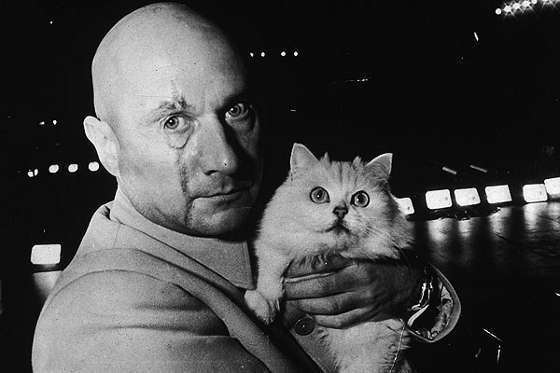Irrational exuberance and ponderous dial-up connections doomed many a venture during Web 1.0, that stone-age time before computers could slide out of our pockets, summon cars and photograph our genitals. In retrospect, not all these first-wave business ideas were bad ones. From a Wired piece by Robert McMillan about the revenge of the 1990s dot-bombs:
“Now that the internet has become a much bigger part of our lives, now that we have mobile phones that make using the net so much easier, now that the Googles and the Amazons have built the digital infrastructure needed to support online services on a massive scale, now that a new breed of coding tools has made it easier for people to turn their business plans into reality, now that Amazon and others have streamlined the shipping infrastructure needed to inexpensively get stuff to your door, now that we’ve shed at least some of that irrational exuberance, the world is ready to cash in on the worst ideas of the ’90s.
WebVan burned through $800 million trying to deliver fresh groceries to your door, and today, we have Amazon Fresh and Instacart, which are doing exactly the same thing—and doing it well. People laughed when Kozmo flamed out in 1998, but today, Amazon and Google are duking it out to provide same-day shopping delivery. A year ago, Kozmo.com even told WIRED it was making a comeback ‘in the near future.’
We’re still waiting for Kozmo 2.0. But there’s also good reason to applaud the folks behind Flooz.com. They wanted to create their own internet-based currency, and though Flooz was a flop, bitcoin has now shown that digital currency can play huge role in the modern world.
Even the Pets.com idea is looking mighty good.”
Tags: Robert McMillan

